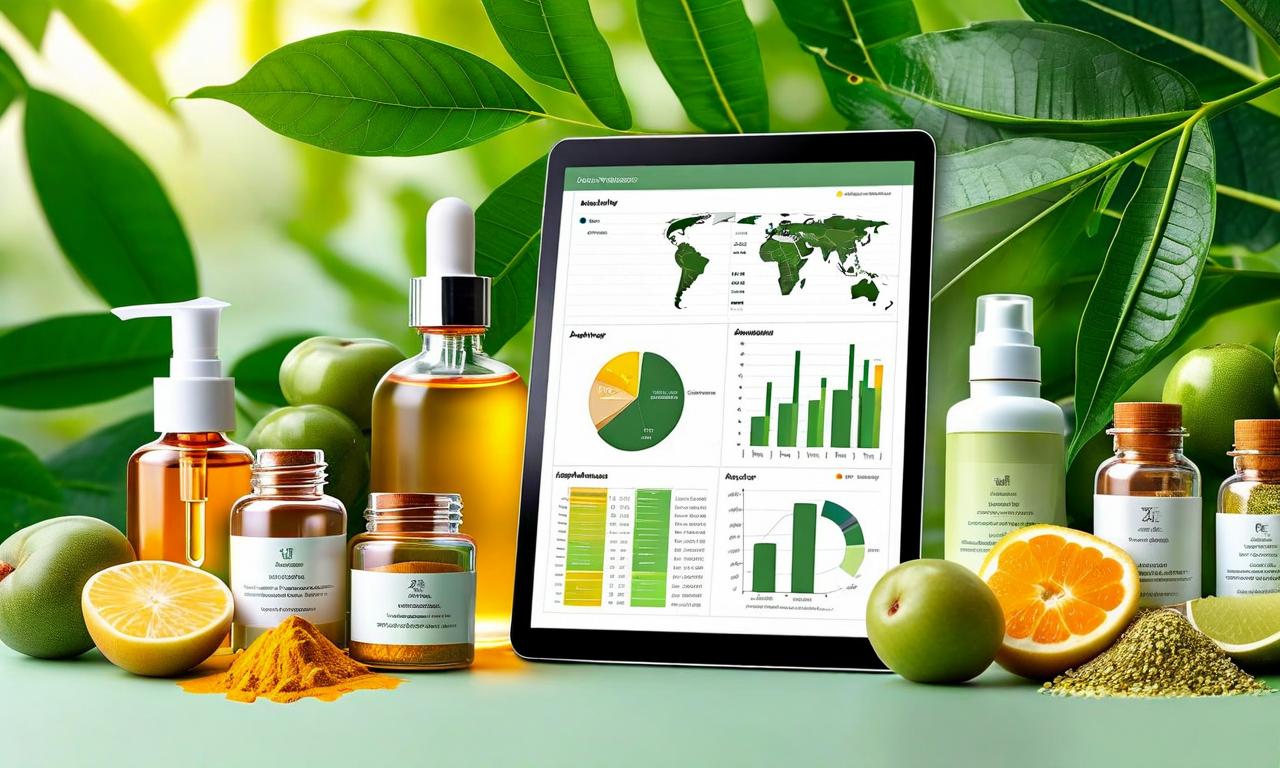Dabur India Secures Favorable ITAT Order, Tax Demand Reduced by Rs. 59.37 Crores
Dabur India has received a favorable order from the Income Tax Appellate Tribunal (ITAT), reducing its tax liability. The ITAT quashed Rs. 59.37 crores of tax demand, lowering the total demand from Rs. 110.33 crores to Rs. 50.96 crores, a reduction of approximately 53.8%. Dabur stated that financial implications are unlikely from this order, but any impact would be limited to the final tax liability determined by higher appellate authorities. The company maintains a cautious stance, indicating potential further proceedings at higher appellate levels.

*this image is generated using AI for illustrative purposes only.
Dabur India , a leading Indian consumer goods company, has received a favorable order from the Income Tax Appellate Tribunal (ITAT), resulting in a significant reduction of its tax liability. The ITAT order has quashed Rs. 59.37 crores of tax demand, bringing down the total demand from Rs. 110.33 crores to Rs. 50.96 crores.
Key Points of the ITAT Order
| Aspect | Details |
|---|---|
| Original Tax Demand | Rs. 110.33 crores |
| Quashed Tax Amount | Rs. 59.37 crores |
| Revised Tax Demand | Rs. 50.96 crores |
| Reduction Percentage | Approximately 53.8% |
Company's Stance on Financial Implications
Dabur India has maintained a cautious stance regarding the potential financial impact of this development. The company has stated that financial implications are unlikely to arise from this order. However, they have acknowledged that any impact would be limited to the final tax liability as determined by higher appellate authorities.
Implications for Investors
While the ITAT order represents a positive development for Dabur India, investors should note that this may not be the final resolution of the matter. The company's statement suggests that there could be further proceedings at higher appellate levels, which may ultimately determine the final tax liability.
Conclusion
The favorable ITAT order for Dabur India demonstrates the company's ability to navigate tax-related challenges effectively. However, as the matter may still be subject to further review by higher authorities, stakeholders are advised to monitor future developments closely. The significant reduction in tax demand, if upheld, could potentially have a positive impact on the company's financial position in the long term.
Historical Stock Returns for Dabur India
| 1 Day | 5 Days | 1 Month | 6 Months | 1 Year | 5 Years |
|---|---|---|---|---|---|
| -1.13% | +3.36% | -0.10% | -0.75% | +3.03% | +3.06% |




































